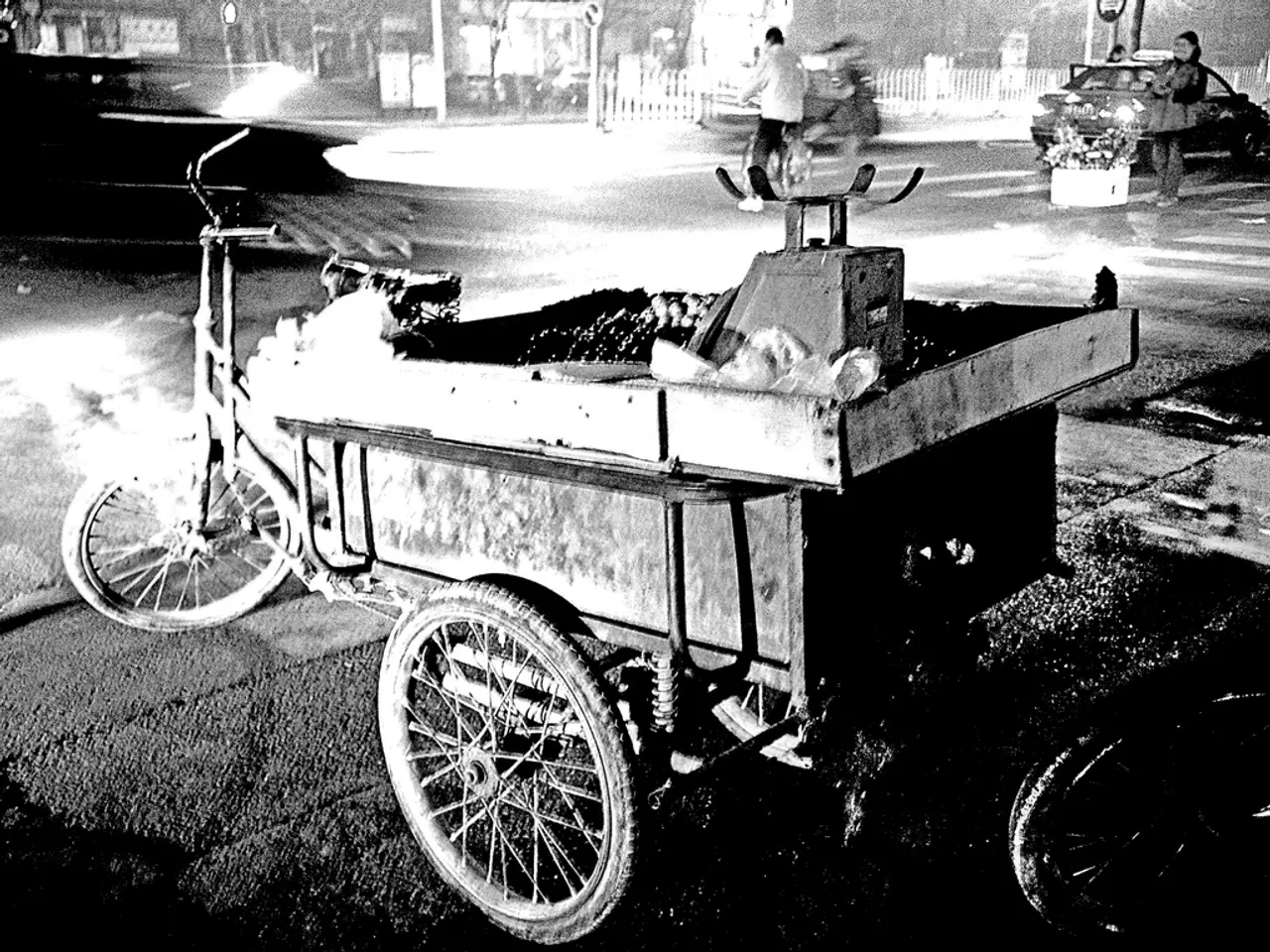The rationale behind Advocating for a Unified Election System Across India
The Election Commission of India, along with the Law Commission and Parliament, are at the forefront of drafting and executing the framework for the proposed 'One Nation, One Election' (ONOE) system. This ambitious plan aims to hold simultaneous elections for the Lok Sabha and all state legislative assemblies.
The primary arguments in favour of ONOE revolve around cost and time savings, improved governance, and administrative efficiency. By consolidating polling days, the system would significantly reduce the imposition of the Model Code of Conduct, allowing uninterrupted development work. It would also maximise the use of bureaucratic and security resources, potentially enhancing voter engagement.
However, the proposal faces criticism from those who fear it could centralise power, marginalising regional and local issues. Critics argue that ONOE may impact India’s federal structure by diluting the electoral autonomy of states, as local political dynamics could be overshadowed by national issues during simultaneous polls. There are also logistical and constitutional challenges involved in synchronising election cycles, especially given state assemblies can fall prematurely, necessitating fresh polls.
The exclusion of local body elections means ONOE would not cover all tiers of governance, potentially complicating the democratic process further. Additionally, critics see democracy as inherently "messy" and complex, and fear the proposal might oversimplify or undermine this by forcing uniformity.
In summary, the arguments for ONOE focus on cost and time savings, improved governance by reducing frequent election disruptions, and enhanced administrative efficiency. On the other hand, the arguments against ONOE focus on the potential centralization of power, which could marginalize regional and local issues, challenges to India’s federal and democratic structures, logistical and constitutional hurdles to synchronisation, and the exclusion of local elections, ignoring third tier governance.
The government has proposed constitutional amendments to enable this system but faces ongoing debates about its feasibility and impact. The Law Commission has recommended feasibility studies, phased implementation, and a two-step approach to bring constitutional and legal alignment for ONOE.
India, being the world's largest democracy with over 1.3+ billion people, frequently experiences policy paralysis due to the model code of conduct, populist announcements, and short-term decision-making caused by frequent elections. The aim of ONOE is to reduce these disruptions, cut costs, and improve governance continuity.
[1] [News Article 1] [2] [News Article 2] [3] [News Article 3] [4] [News Article 4] [5] [Government Report]
- The government is considering consulting politicians, experts in policy-and-legislation, and bureaucrats to address concerns about the potential centralization of power in the implementation of the 'One Nation, One Election' (ONOE) system.
- The Advertising Standards Council of India (ASCI) is under pressure due to the increased number of political ads during the general news coverage of elections, leading to debates on the need for stricter regulation and transparency in political advertising.
- Despite the criticism, some politicians argue that the One Nation, One Election system, if successfully implemented, could provide significant resources and administrative efficiency to managing general-news and policy-and-legislation-related services in India.
- The ongoing debates about the One Nation, One Election system have led to various consulting firms offering services to politicians and political parties to navigate the complicated policy-and-legislation landscape and ensure their interests are represented in the final draft of the laws and regulations governing the system.






